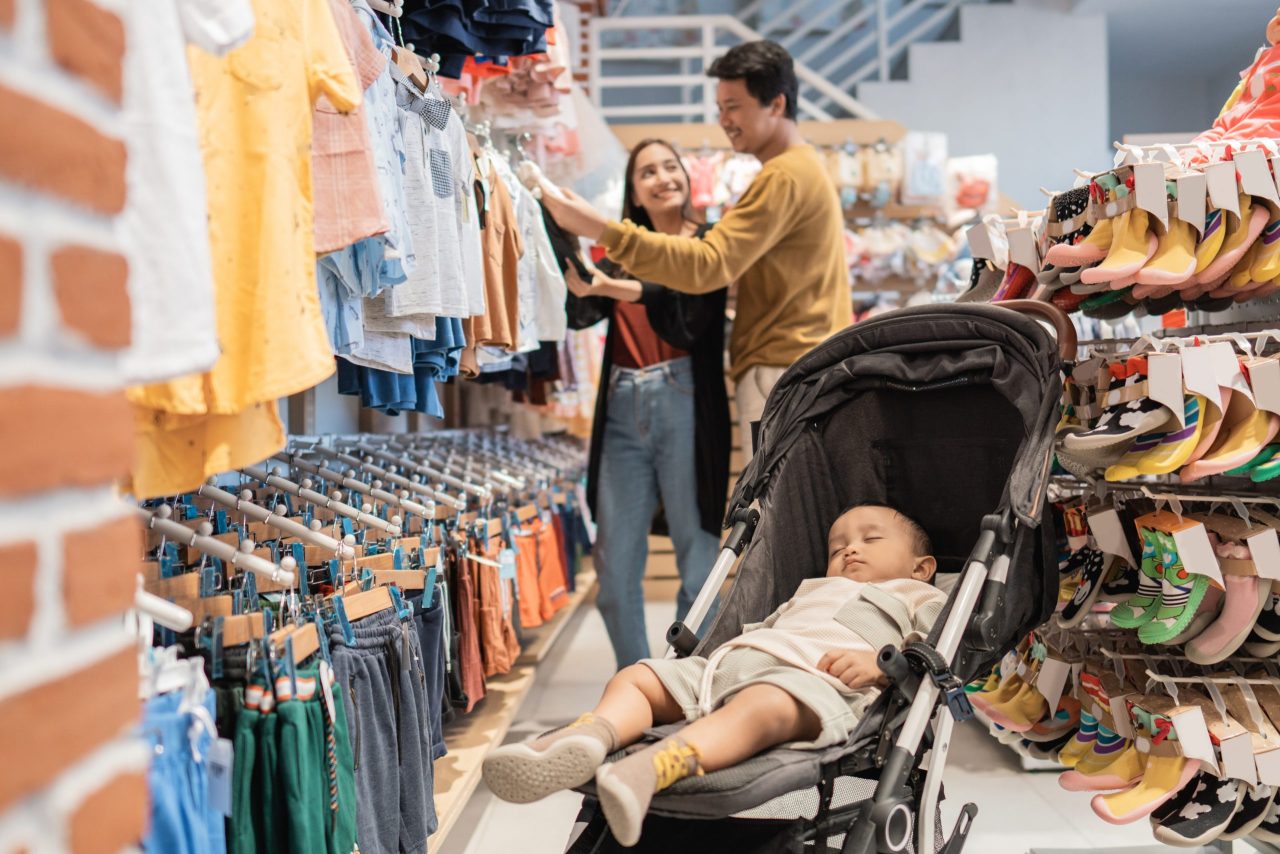Retail ERP
When you run your own business, there are a lot of moving parts in the daily operations. You have to manage your sales, check on your stock, deal with finances, pay your staff, and of course, make sure you have satisfied customers.
In other words, running a retail business is complex. In order to stay ahead of the pack, you need to constantly find ways to improve and streamline your processes to become more efficient. And since it’s simply impossible to do all of this manually, forward-thinking and savvy merchants implement retail ERP (Enterprise Resource Planning) software — and for good reason.
What is Retail ERP?
To understand what ERP is, it’s important to first understand all the core processes needed to run a business. There’s order management, manufacturing, accounting, human resources, financial management, and myriad other spokes in the wheel.
At its most basic level, ERP integrates – or connects – those many different spokes that make up the whole back office operation. While they are complex and diverse, all ERP systems create a shared database that supports multiple functions used by different business units – ultimately enabling employees in different areas to have access to the same information for their specific needs.
However, the downside of typical ERP systems is that they can often be complicated and difficult to implement and maintain. They usually contain multiple separate modules within them, which require additional work in order to get them synchronized and communicating with one another successfully.
Retail ERP, meanwhile, is an ERP system that is specifically designed for retailers and the business process most important to them. That means a retail ERP software solution supports the essential modules required for your unique technology stack.
For instance, many retailers don’t require manufacturing or bill of materials modules, so a retail ERP usually doesn’t include them. This ensures the software is lighter and easier to implement and maintain, while ensuring you’re not paying for modules or features you don’t really need.
Additionally, there are many retail businesses that do need a point of sale system to manage their in-store sales. However, a traditional ERP would need to connect to a third party POS system in order to achieve this desired functionality. This adds yet another step to your implementation plan and potentially causes risks when it comes to the flow of data between the two systems.
With a retail ERP, a point of sale module is usually included as standard. That negates the risk of siloed systems, or worse, siloed data, which as you know can put up roadblocks to effective business intelligence and ultimately damage the customer experience.
In essence, then, a retail ERP solution is software tailored specifically toward the business needs of retailers. It strips away the redundant modules of traditional ERP which those companies don’t need.
Signs You’re Ready for a Retail ERP System
When you look at the advantages a retail ERP can provide, it’s clear that they’re a valuable tool for retailers. But how do you know that you’re ready for one?
- Accounting has become more difficult
Among the many categories of retail operations that ERP benefits – whether fashion ERP, apparel ERP, jewelry ERP, or any other specific type – is that of accounting.
Long gone are the days when retailers can efficiently use paper-based sales orders and invoices, or even singular systems that do not sync with one another. Through integrated financial management within a retail ERP, you can confidently eliminate lost profits and loss of productivity while gaining accuracy in your accounting – among other – efforts.
This same explanation applies to financial reporting as well. By implementing a retail ERP system, you’ll no longer have to use countless spreadsheets to consolidate financial information across systems. An integrated retail ERP system can perform operations in seconds – something that would undoubtedly take most humans hours to do.
In addition, with all financials in a single database, your accounting staff will be more productive, leaving them more time to prepare, extract, and compile critical reports – among other responsibilities – without any hassle.
- You have too many different processes
How do you record, track, and process information? Is there one system for accounting and another for sales? Does taking orders and getting them fulfilled and sent to your accounting system seem like an arduous manual process?
When employees use one software system to track, record, and process information while the accounting staff uses another, are you finding a disconnect between details and inaccuracies within your data?
Creating unnecessary challenges and inefficiencies shouldn’t be among the stresses of today’s modern merchants. Instead, retail ERP can eliminate these complications.
Through tailored ERP software, you can benefit from a ripple-like effect that supports everything from inventory management, to sales summaries, to payroll necessities, to shipping strategies, and more.
Retail ERP software combines all these systems so that every business function relies on a single database – delivering accurate, real-time information that retail leaders across any sector of any unique business can benefit from.
Retrieving information is difficult
If someone asked you about your month-over-month growth, how long would it take you to find that information? What about other key performance metrics, such as average sales margins or sales channel profitability?
If you’re a business that relies on spreadsheets and manually-written KPIs, or on a traditional ERP system that has various siloed modules, that answer could either take too long – or be too complex – to figure out.
Employees should be able to access key data immediately, without delays and without having to search for it through a mountain of paperwork or cross-reference a variety of digital platforms. With a retail ERP system, however, you and your employees will have access to up-to-date and accurate data at any time that allows you all to effectively do your jobs of work in an efficient manner.
Customers are complaining
When a business is small, inventory management can seem like an effortless process. But as the business gets larger, one of the biggest challenges is making sure you have the right amount of products in the right location at the right time.
If you run out of a popular product, you’re missing out on sales until the next shipment arrives. Meanwhile, if a customer is asking about the availability of a product and the employee can’t provide a quick answer, your company could develop a poor business reputation of being unreliable or lacking in satisfactory customer service.
A retail ERP system keeps everyone on the same page by giving all departments access to the same information in real-time. Sales reps, customer associates, and all front-facing employees are given the tools to answer customers’ questions about everything – from order status to service issues – without having to check with another department.
IT Management is a nightmare
The IT department can feel like a minefield when trying to manage multiple systems spread across the business. Trying to customize, integrate, and maintain each individually — along with general upgrades — can be complex and costly… both financially and in terms of staff time and resources.
As a result, two-thirds of mid-size businesses are running outdated versions of their business software. Instead, retail ERP solutions like SenangUrus make it easy to scale the system to adapt to your individual stage of growth, without the need for time consuming IT administration or costly developer time.
The benefits of tailored retail ERP to mid- to large-sized enterprises, then, are many. Now you know, you may have decided that it’s that kind of solution which will best suit your business. Which features, though, can you simply not do without, when considering retail ERP software? Glad you asked.


